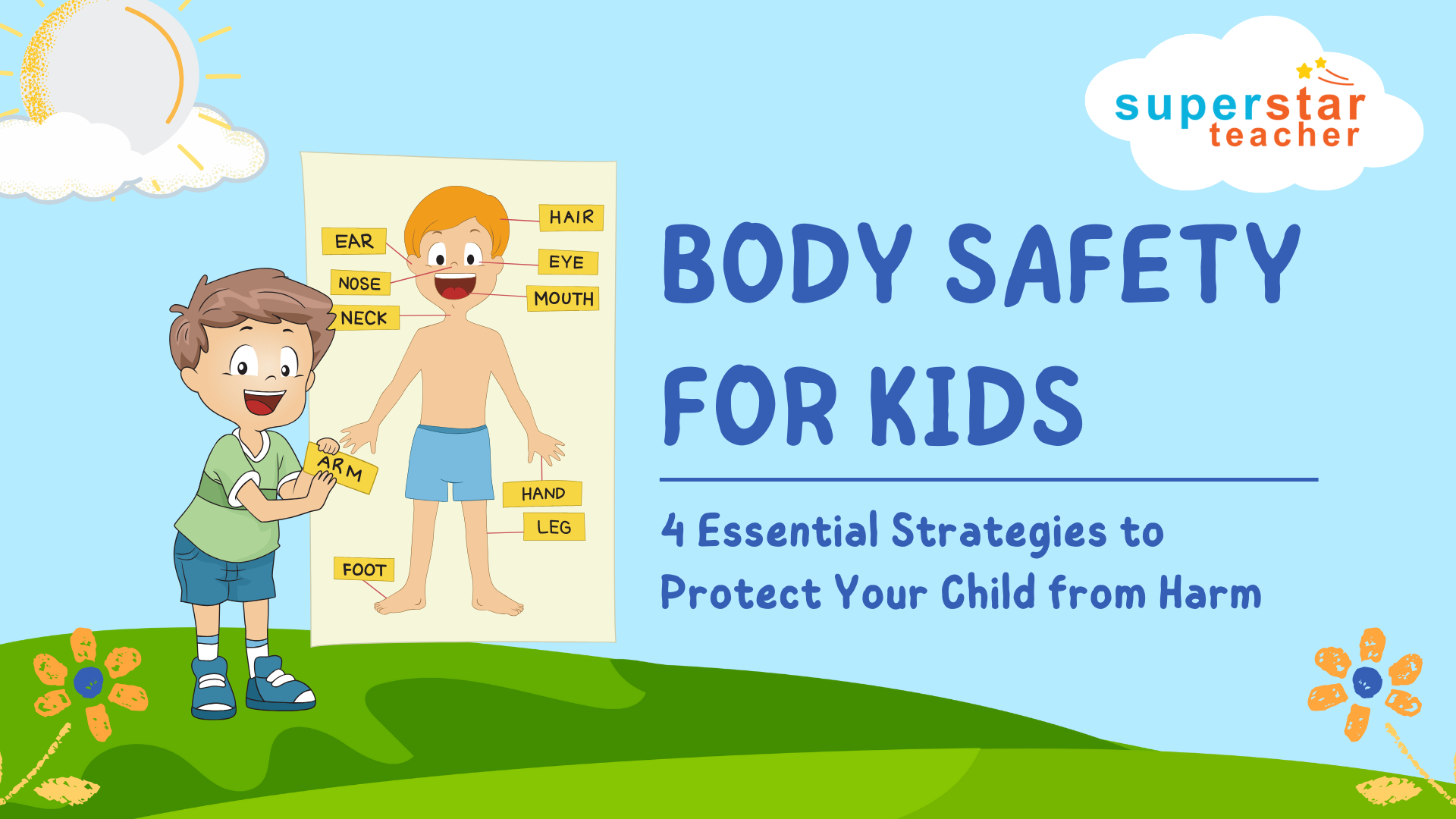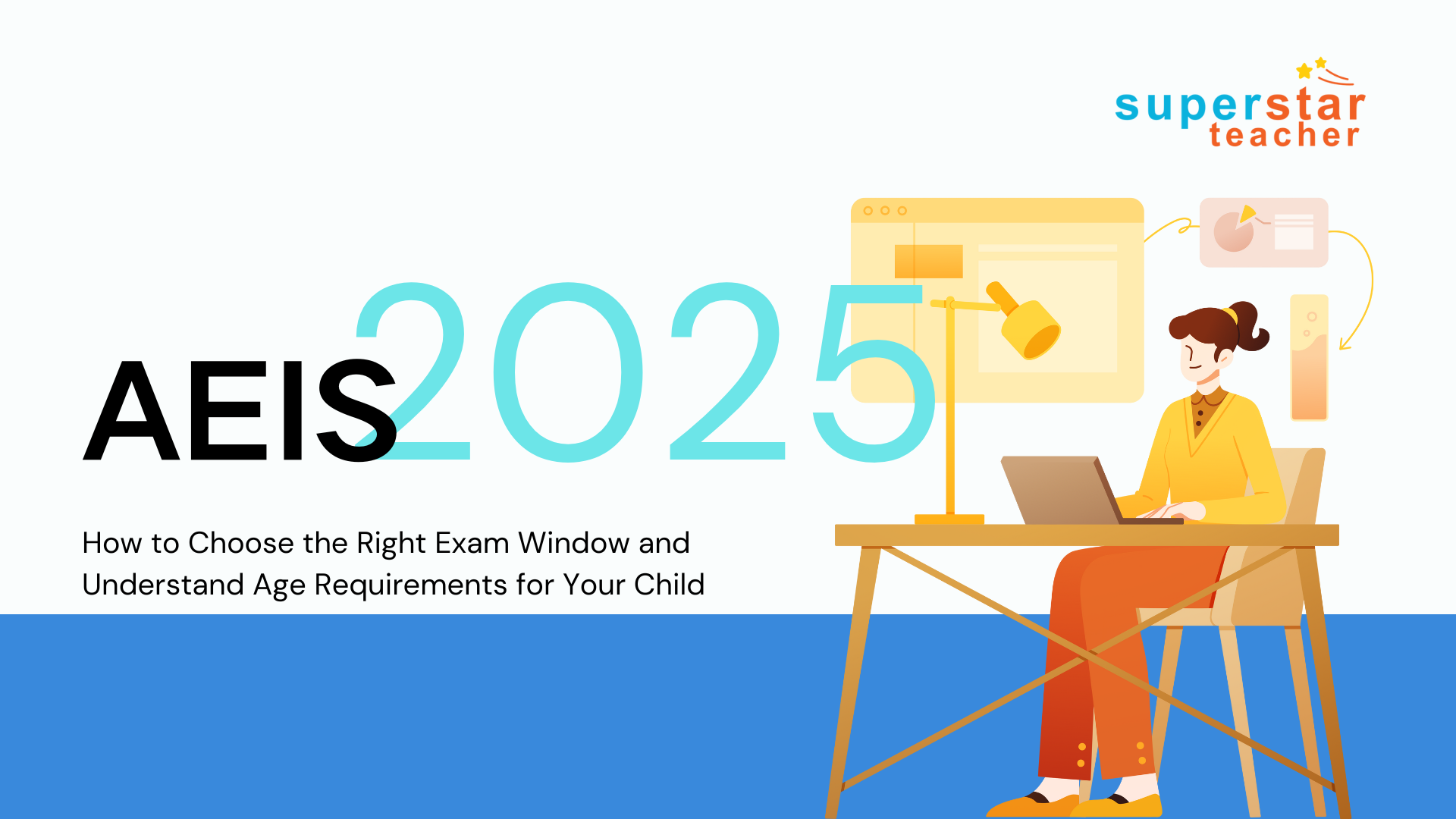Body Safety for Kids: 4 Essential Strategies to Protect Your Child from Harm
In light of recent events, including the case of former actor Ian Fang who was sentenced to 40 months’ jail for sexual offences involving a minor, it’s become painfully clear how vulnerable children can be to sexual misconduct and exploitation. These incidents are a sobering reminder of why body safety education is not just important, but necessary. While conversations about body boundaries may feel uncomfortable at first, they are critical in helping children understand their rights, recognise unsafe behaviour, and know how to seek help when needed.

Here are four essential strategies to help you build body safety knowledge and confidence in your child:
1. Use the Correct Names for Private Body Parts
The first step in teaching body safety is to equip your child with the correct vocabulary. Using accurate terms like penis, vagina and breasts—instead of nicknames—helps reduce confusion and stigma. It also empowers your child to speak clearly if they ever need to describe an inappropriate experience.
As a general rule, private parts refer to the areas covered by a bathing suit. Here’s a helpful reference:
| Male | Female |
|---|---|
| Penis | Vagina |
| Testicles | Labia |
| Scrotum | Clitoris |
| Buttocks | Buttocks |
By normalising these terms, you help your child feel confident in talking about their body, which is a key part of practicing body safety.
2. Teach the Difference Between Appropriate and Inappropriate Behaviour
Another important component of body safety is helping your child understand that everyone has his or her own personal boundary, especially with regards to the extent of physical contact. Let them know that:
- Their body belongs to them, and they have the right to say no to any touch that feels wrong.
- No one is allowed to touch or look at anyone’s private parts (not even parents, relatives or friends) and anyone making such a request should immediate raise the red flag.
- Most importantly, your child needs to know that he or she has the right to say “no” to such requests and should immediately inform trusted adults of what has happened.
By making these boundaries clear, you’re reinforcing the core principles of body safety and encouraging your child to trust their instincts.
3. Encourage Open Communication and Safe Sharing
Many cases of abuse go unreported because children are made to feel ashamed or afraid to speak up. One of the key pillars of body safety is making sure your child knows they can talk to you—about anything.
Help them understand the difference between safe and unsafe secrets:
- Safe secrets are fun (like birthday surprises).
- Unsafe secrets feel scary, confusing, or wrong—and should always be shared with a trusted adult.
Build an open, supportive environment at home where emotions and difficult topics can be discussed freely. When children know they will be listened to without judgment, they are more likely to seek help when they need it most.
4. Talk About the Physical and Emotional Aspects of Sex and Relationships
As a child gets older and undergoes puberty, it is not surprising that he or she will get curious about sex and relationships. Rather than sweep things under the carpet or assume that school-teachers will be providing the adequate education, parents should understand that they still play a rather crucial role in inculcating the proper knowledge and values.
Instead of telling your child to avoid relationships altogether, let him or her understand the priorities of students. In addition, share about how healthy relationships function and the consequences of unprotected and underage sex.
As parents, we have the responsibility to protect our children from falling prey to any sort of sexual abuse and impart proper values with regards to sex and relationships. It is never too early or inappropriate to talk about this topic. If you have not done so, do make a start and have a conversation with your child today.
About Superstar Teacher
Welcome to Superstar Teacher, where learning meets excitement! As Singapore’s leading online learning platform, we are dedicated to set your child ahead in their academic journey.
Our curriculum is meticulously crafted to align with the latest MOE syllabus, offering dynamic modules for Primary and Secondary students, fostering advanced learning and building a solid foundation. Additionally, our personalised one-on-one sessions make homework enjoyable and manageable, providing tailored support for your child. Our ultimate goal is to achieve exam success for every child. With our competency-based approach, rest assured that your child is equipped with essential skills, gaining insights into question trends and powerful answering techniques.
Join us today and unlock a lifetime of learning success with Superstar Teacher!



